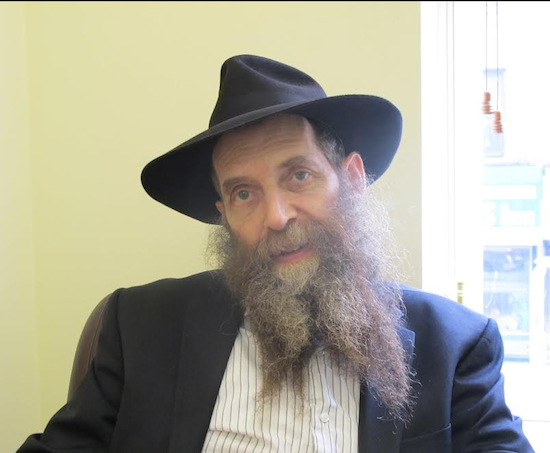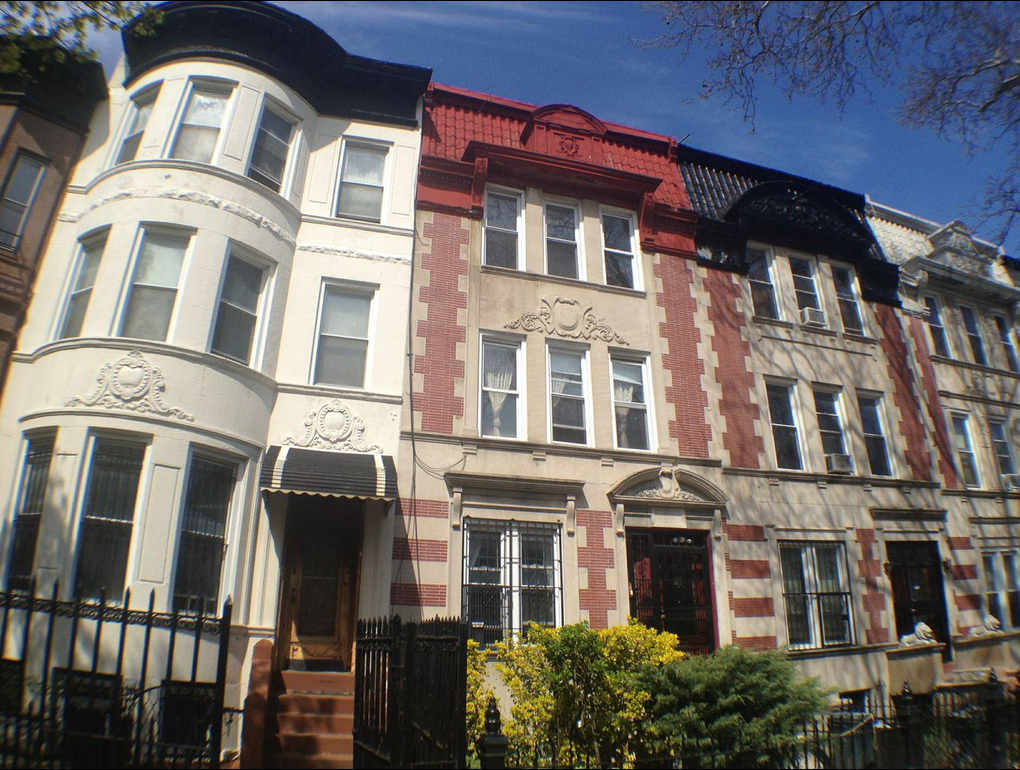Community calm but cautious following spate of Crown Heights attacks

While still apprehensive after a recent spate of attacks, Crown Heights community leaders are reassured by a consistently prompt and thorough response from the NYPD and coordination among various groups to champion safety and calm.
When dozens of teens vandalized a Troy Avenue store several weeks ago, the NYPD immediately canvassed nearby schools and spoke to administrators, sending a message that they were on the lookout for the suspects involved. Just a few days later, three men attacked a woman on Franklin Avenue, but two were quickly arrested while the third, though still at large, is known to police and the public. And on Wednesday, a young girl was attacked as part of a misguided new “game” on Eastern Parkway, but a neighborhood watch group cooperated with police to immediately locate a suspect and reprimand her in front of her parents.
“The important thing to put it in context is that we’re not dealing with the crazy, totally unsafe streets of the ’80s,” said Rabbi Eli Cohen of the Crown Heights Jewish Community Council. “This seems to be mostly young people. While any incident is troubling, the police have been very helpful in their response.”
